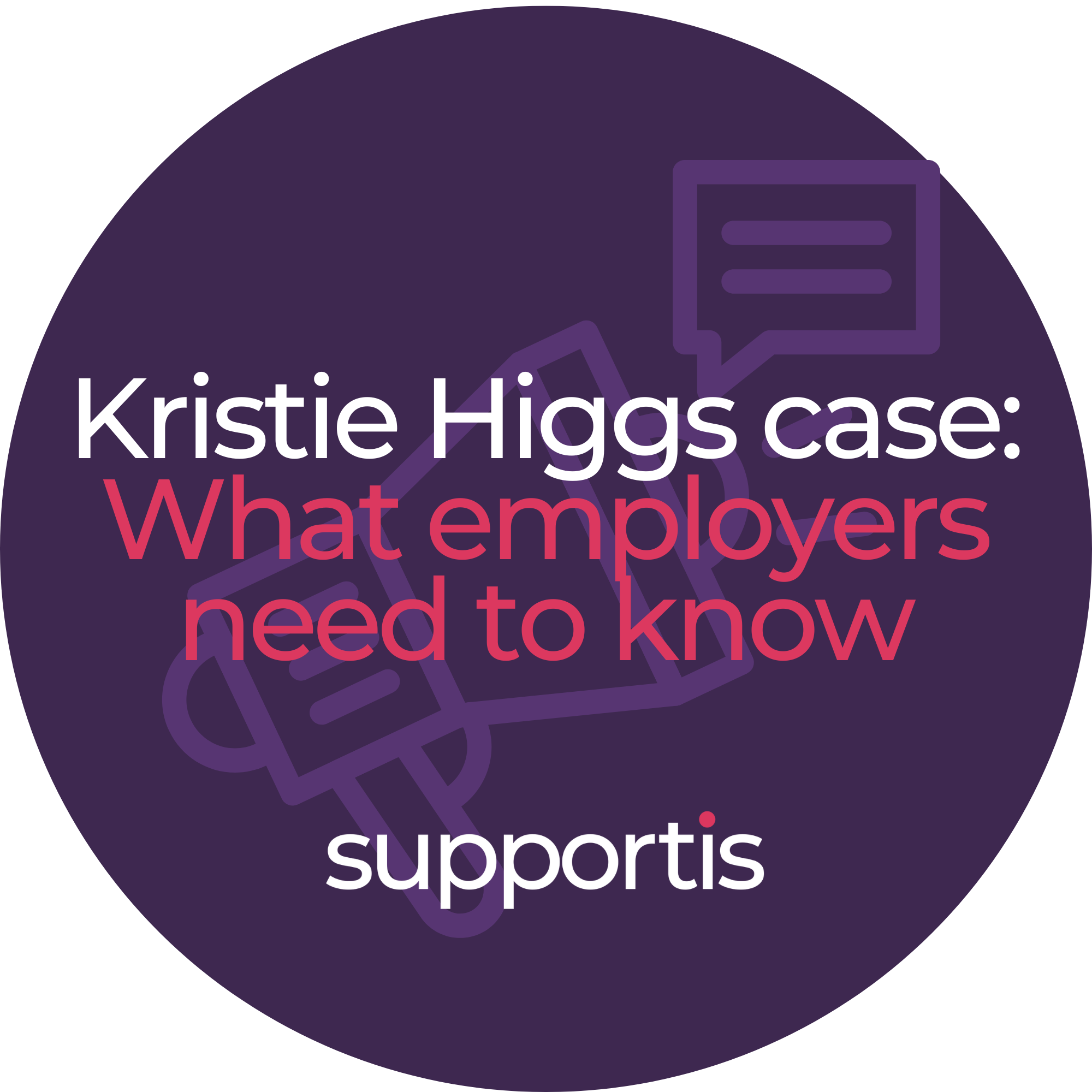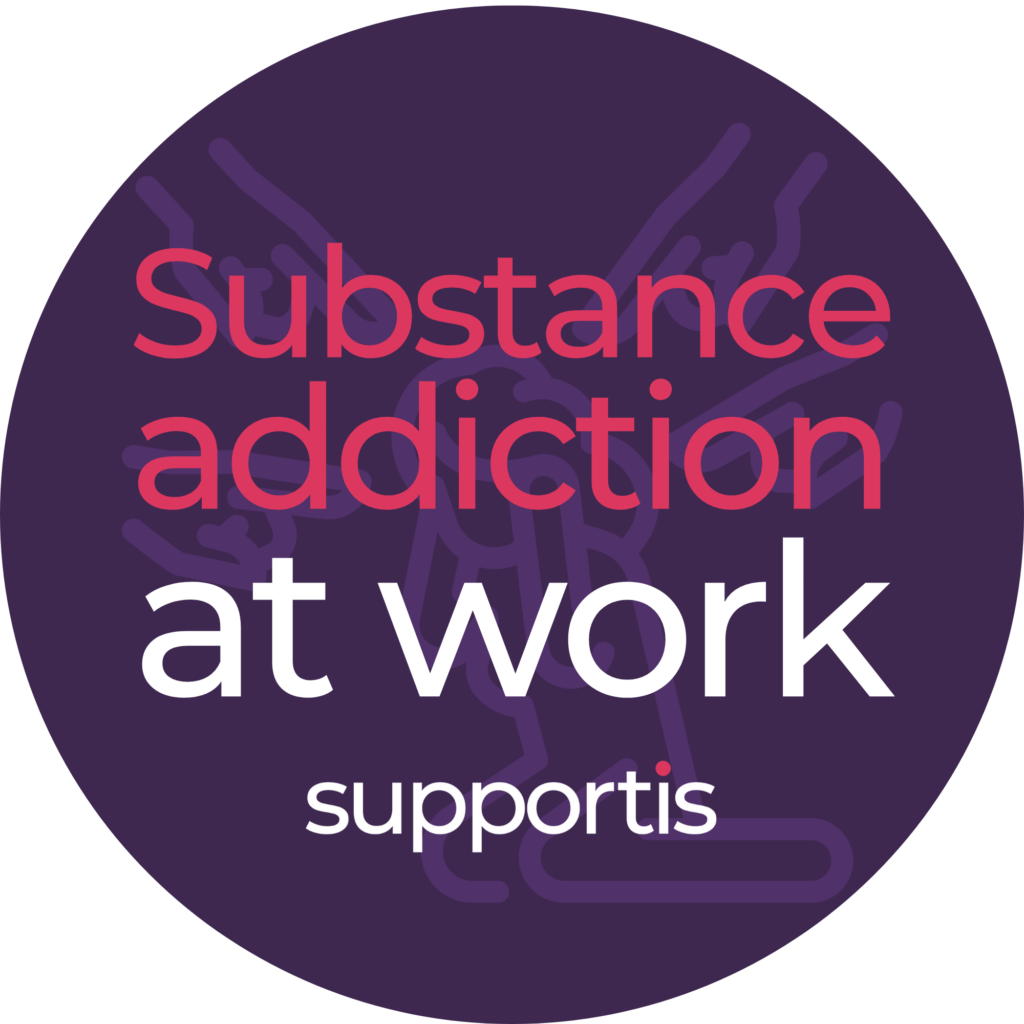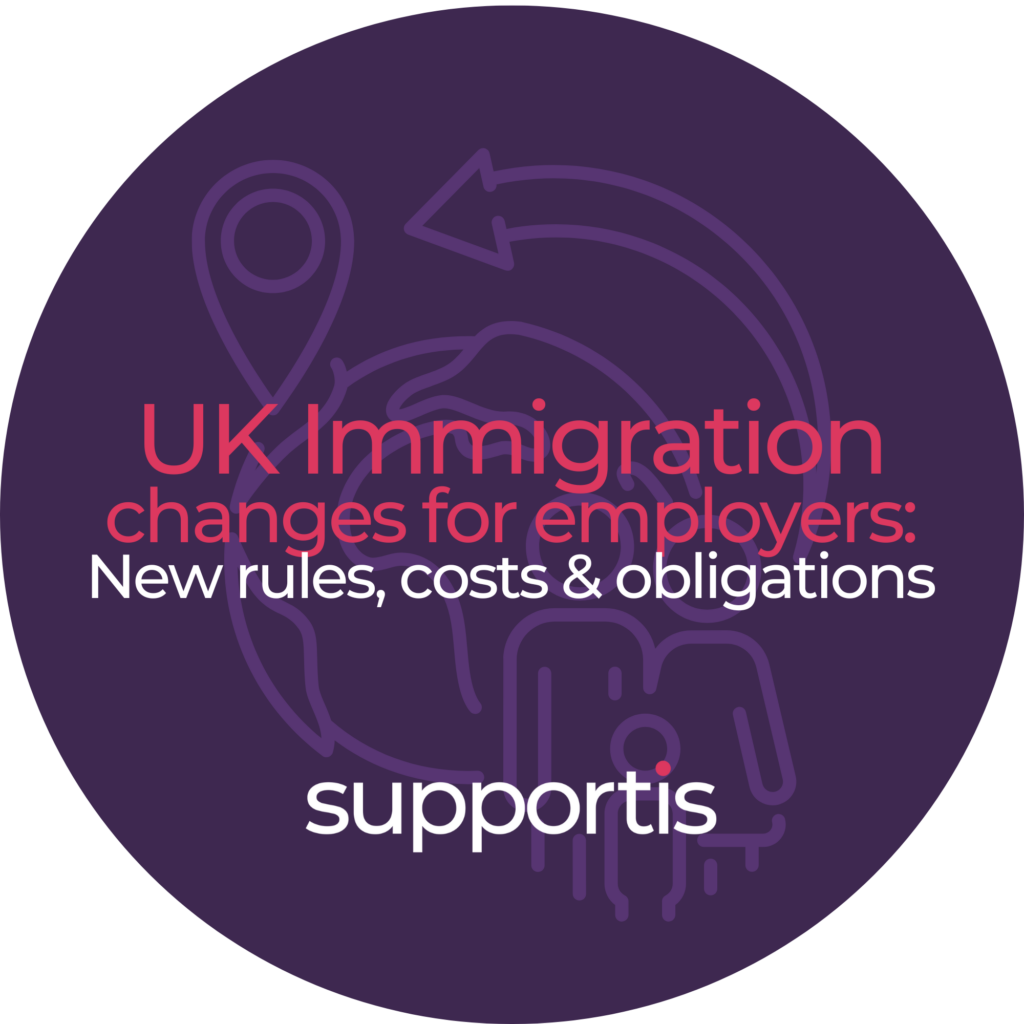The seven-year legal saga involving school assistant Kristie Higgs has reached its definitive conclusion, with the Supreme Court rejecting Farmor’s School’s attempt to appeal a landmark judgment. This ruling carries significant implications for employers across the UK, particularly concerning employee free speech, religious beliefs, and social media conduct.
Kristie Higgs’ Victory: A Deep Dive into the Case
Kristie Higgs, a Christian school assistant, was dismissed by Farmor’s School after sharing posts on Facebook that her employer deemed transphobic and homophobic. The initial 2020 Employment Tribunal ruling sided with the school, but this decision was overturned by the Employment Appeal Tribunal (EAT) in 2023, which remitted the case for a rehearing.
However, the tide truly turned in February 2025 when the Court of Appeal ruled in Higgs’ favour. This crucial judgment affirmed that the Equality Act protects traditional Christian beliefs on social issues, including views on transgenderism, ‘gender-fluidity,’ and same-sex marriage. More profoundly, it established a legal presumption: any dismissal stemming from an expression or manifestation of Christian faith is now considered unlawful. The onus, the Court of Appeal clarified, rests firmly on the employer to objectively justify such a dismissal.
Despite the school’s appeal in March, the Supreme Court, through Judges Lord Reed, Lord Hamblen, and Lady Simler, refused to hear the case, effectively bringing this protracted legal battle to a close. Higgs has expressed immense relief, asserting that the decision safeguards the right of Christians to articulate their beliefs on social media and in non-work-related settings without fear of professional repercussions. Christian organisations supporting Higgs have hailed the verdict as a monumental victory for both free speech and religious freedom within the workplace.
Navigating Freedom of Belief in the Workplace
This Supreme Court decision sets a significant precedent, reshaping the landscape of employment law, especially in areas touching on an employee’s personal beliefs and their expression. To ensure legal compliance and avoid costly disputes, employers must understand the critical lessons from the Kristie Higgs case.
Understanding Protected Beliefs and the Equality Act
Employers must recognise that traditional Christian beliefs, even those concerning sensitive social issues like gender identity and marriage, are protected under the Equality Act 2010. This means employers cannot simply dismiss or discipline an employee for holding or expressing these views. The focus must shift from the belief itself to the conduct and its demonstrable impact.
The Shift in Burden of Proof: Justifying Dismissals
Perhaps the most impactful aspect of this ruling is the reversal of the burden of proof. If an employer dismisses an employee for expressing their Christian faith (or any other protected belief), the employer now bears the heavy responsibility of objectively justifying that dismissal to an employment tribunal. It is no longer enough to claim a belief that the dismissal was warranted or to cite vague concerns about reputational damage. The justification must be concrete, evidence-based, and proportionate to the alleged transgression.
Reassessing Reputational Damage in Disciplinary Actions
While an employer’s reputation remains important, the Higgs case signals that theoretical fears of reputational damage or subjective concerns about causing offence will likely no longer suffice as a sole basis for disciplinary action or dismissal related to off-duty expressions of belief. There must be a clear, tangible, and severe impact on the organisation’s operations, its public image, or its relationships that demonstrably outweighs the employee’s fundamental right to freedom of expression and religion.
Revisiting and Strengthening Social Media Policies
Given the prevalence of social media, employers are strongly advised to urgently review and update their social media policies. These policies must be meticulously drafted to be clear, proportionate, and not overly broad. The aim should be to regulate conduct that genuinely harms the business, rather than inadvertently stifling legitimate expressions of personal belief outside of working hours or in non-work-related contexts. Policies should also distinctly differentiate between personal opinions shared on private accounts and official communications that represent the employer.
Essential Training for HR and Management Teams
Comprehensive training for HR professionals and line managers is now more critical than ever, as an employer or HR Manager, you need to fully grasp the nuances of this judgment and its implications for managing situations where an employee’s personal beliefs, expressed outside of work, might be perceived as controversial. The emphasis should be on conducting thorough, fair, and impartial investigations that meticulously consider all relevant factors, crucially including the employee’s rights under the Equality Act. Avoiding knee-jerk reactions is paramount.
The Kristie Higgs judgment serves as a powerful reminder that employers must exercise extreme caution when considering disciplinary action against employees for expressions of their protected beliefs, especially when those expressions occur outside of the workplace and do not directly or demonstrably harm the employer’s business. The legal bar for justifying such dismissals has been significantly raised, unequivocally reinforcing the importance of freedom of speech and religion within English law.
How can we help?
Navigating the complex landscape of employment law, particularly in the wake of the Kristie Higgs Supreme Court ruling, can present significant challenges for employers. To ensure your HR and employment practices remain legally compliant and robust against future claims, expert guidance is invaluable. Don’t hesitate to contact Supportis on 0161 603 2156, or at [email protected].




